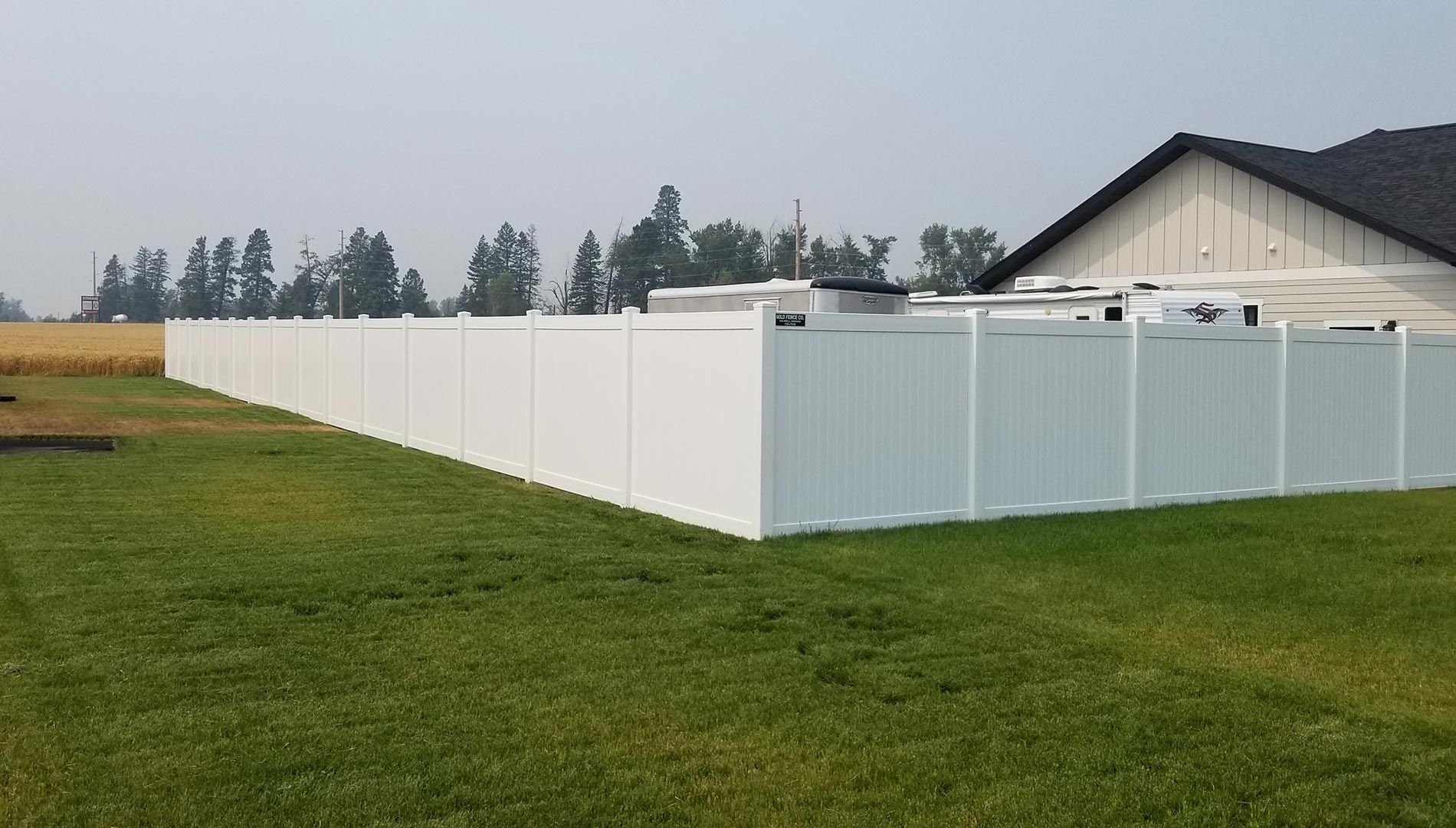Maintaining your fence doesn't always require a professional. With the right tools and a bit of know-how, you can handle many common issues yourself and save money. Here's how you can tackle basic fence care like a pro!
Tools You Need for Basic Fence Upkeep
Before you start fixing your fence, be sure to have the proper tools ready. Here’s a list of essential items for handling most DIY fence repairs:
- Hammer – For repairing loose nails or fixing broken boards
- Screwdriver – Ideal for tightening screws on wooden or metal fences
- Post Level – Use a post level to guarantee your fence posts are perfectly aligned.
- Paint or Stain – Helps protect wood from the elements and extend its lifespan
- Wire Cutters – Handy for trimming wire fences or cutting back overgrown plants
A Guide to Fixing Common Fence Issues
Repairing a Loose Board
A loose or broken board is an easy fix with the right tools. Here’s a step-by-step guide to help you repair it:
- Use a hammer or screwdriver to remove any loose nails or screws.
- Reposition the board and fasten it with fresh nails or screws.
- If needed, reinforce the board with a corner bracket or additional support.
How to Stain and Seal Wooden Fences
Sealing and staining your wooden fence is crucial for protection against the elements and preserving its appearance:
- Begin with a thorough cleaning, ensuring you remove all dirt, debris, and mildew.
- Choose a suitable stain or sealant for outdoor use.
- Evenly apply the stain with a brush or sprayer, working from top to bottom.
- Allow it to dry completely before putting the fence back to use.
How to Know When to Call in a Pro
Some fence issues go beyond DIY repairs. While simple tasks like tightening screws or replacing damaged boards are easy, complex problems might need expert attention:
- Major structural issues, like leaning posts or a sagging fence.
- Electric fences or high-security fences that need specialized skills.
- When weather damage compromises the fence’s structure, it’s best to get professional assistance.
If you’re not sure if you can handle a repair, it’s always safer to contact a professional. This can prevent costly mistakes and frustration.
